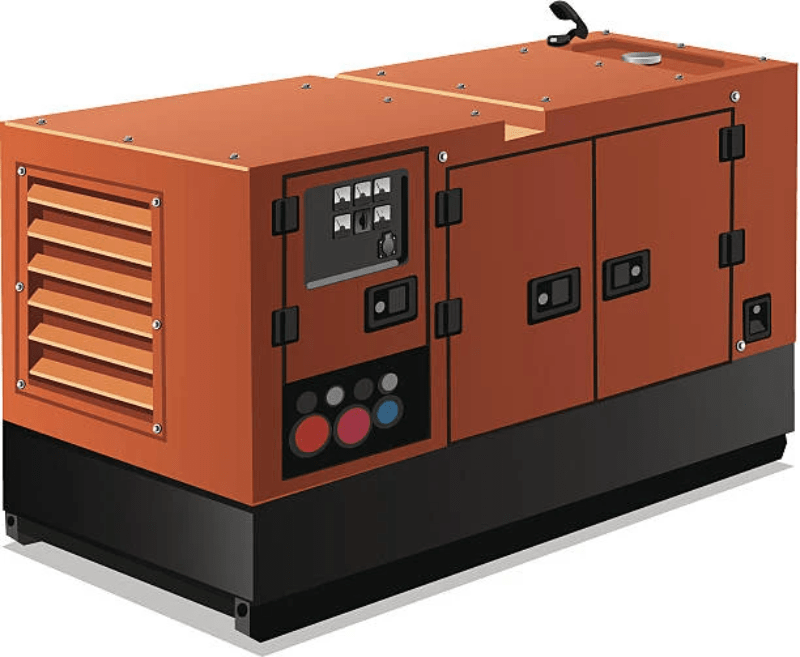
A Diesel Generator is an engine-generator combination that uses a diesel-fueled compression-ignition engine to provide electrical energy. Some of these generators can also run on natural gas. Typically, a diesel generator will run on diesel fuel, but some models can also be run on other liquid fuels, such as gasoline. Unlike gasoline-powered generators, however, a true diesel generator will only run on diesel.
The first step in choosing Diesel Tanks is determining the critical loads that your operation will require. Using a load meter will help you determine the optimum settings for your power requirements. The optimal setting for a generator will depend on its usage pattern and load profile. A high-switch will keep it running as much as possible without causing the batteries to run out of energy. A low-switch will prevent the batteries from storing excess energy, which can shorten their life.
Many large institutions need electrical power around the clock. A diesel generator can provide a steady source of power during times of power outages. In fact, power outages can be life-threatening. A diesel generator can keep life-saving machines running until main power is restored. A diesel generator can be much quieter than a gasoline engine, making it ideal for quiet environments. The cost of running a diesel generator is low, and they will pay for themselves quickly.
Another advantage of a diesel generator is its efficiency. In the case of an emergency, a diesel generator can be easily moved to a disaster site on a trailer. Alternatively, a diesel generator can be permanently installed in a permanent location. The unit's efficiency is determined by the load on the battery. A diesel generator's performance will be greatly improved with a power management system. In this way, the utility can rely on the reduced demand caused by the emergency.
In addition to power outages, diesel generators are used in emergency situations. They can be installed in a building to provide backup power. A diesel generator may be installed in a home. A utility company will not install a diesel generator at a residential property. Instead, they will install a portable diesel generator in a building. Often, the genset can be connected to the grid and can be exported to the grid. You can get more enlightened on this topic by reading here: https://en.wikipedia.org/wiki/Diesel_generator.
The military heavily relies on diesel generators for constant power. Whether it's a hospital or a military base, a continuous supply of power is crucial to the safety of soldiers. As a result, they can also be used to power IT equipment, and even light a camp. In addition to providing reliable power, a diesel generator can be a useful option for a variety of applications. Its versatility also makes it a popular choice for remote locations.